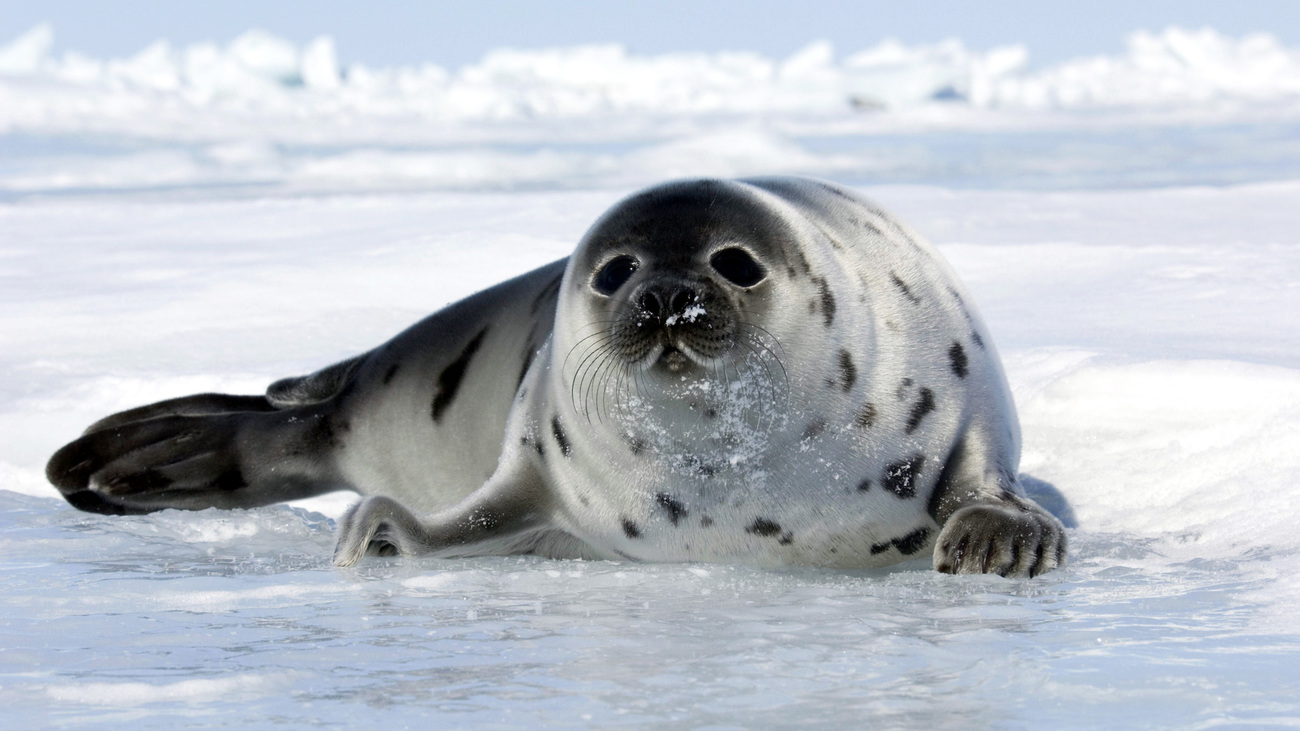Sheryl Fink
Canada wants to market seal meat as a delicacy and expand cruel hunt
Canada wants to market seal meat as a delicacy and expand cruel hunt
Canada’s new Fisheries Minister has plans to expand the commercial seal hunt—internationally condemned as cruel and unnecessary—by marketing seal meat as a seafood delicacy to Canadians.
‘Listen, we have a new product we must exploit,’ said Fisheries Minister Diane Lebouthillier in early February at a Senate Fisheries Committee meeting. ‘Making it a consumer product is a priority. When properly prepared, it is delicious. We did it with lobster. We don’t need to reinvent the wheel.’

The current Government of Canada’s threat to expand the seal hunt is one of the top two threats harp seals face, the other being rising temperatures due to climate change melting their ice.
The idea of marketing seal meat as a delicacy isn’t new. In fact, it’s been tried—and has failed—for three decades. Since the 1990s, Canada has wasted hundreds of millions of dollars trying to revive the commercial seal hunt. Most Canadians are struggling to make ends meet, and they don’t want to see their tax dollars spent on harm to native wildlife.
At the same time as this push for the seal hunt, the Government of Canada has decided not to renew the Ghost Gear Fund, which supported efforts to remove abandoned fishing nets from the water—nets that constantly end the lives of endangered marine animals like seals, whales, and dolphins.
In an attempt to justify a cull, some fishermen and politicians continue to blame seals for eating too many fish. They say we need the commercial seal hunt to support the recovery of cod stocks. However, there is no scientific evidence to support these claims. The real culprit behind depleted cod populations? The changing climate and ocean ecosystems.
If the Government really wants to support Atlantic Canadian fishing communities, removing ghost nets and plastic debris from the ocean will do far more to help these ecosystems thrive and make fishing more profitable than killing seals ever will.
It’s not for a lack of marketing effort that seal meat isn’t already popular—if it tasted good, it would be in restaurants across the country. There’s no reason to push for a hunt of vulnerable native wildlife if no one is asking for it.
Fisheries and Oceans Canada (DFO) recently revised their harp seal population estimate from 7.4 million to 4.7 million. This most recent estimate better accounts for changing environmental uncertainty. With fewer seals left in the ocean and the looming threat climate change poses to their natural habitat, we need to act now for their protection.
Despite the Government’s efforts, the seal hunt today is the smallest and least economically significant that it has been in history. Still, it remains the largest authorised slaughter of marine mammals on the planet, and we need to finally put an end to it.
IFAW was founded in 1969 with the goal of ending this cruel and unnecessary practice. Want to help IFAW stop Canada’s commercial seal hunt?
Related content
Our work can’t get done without you. Please give what you can to help animals thrive.